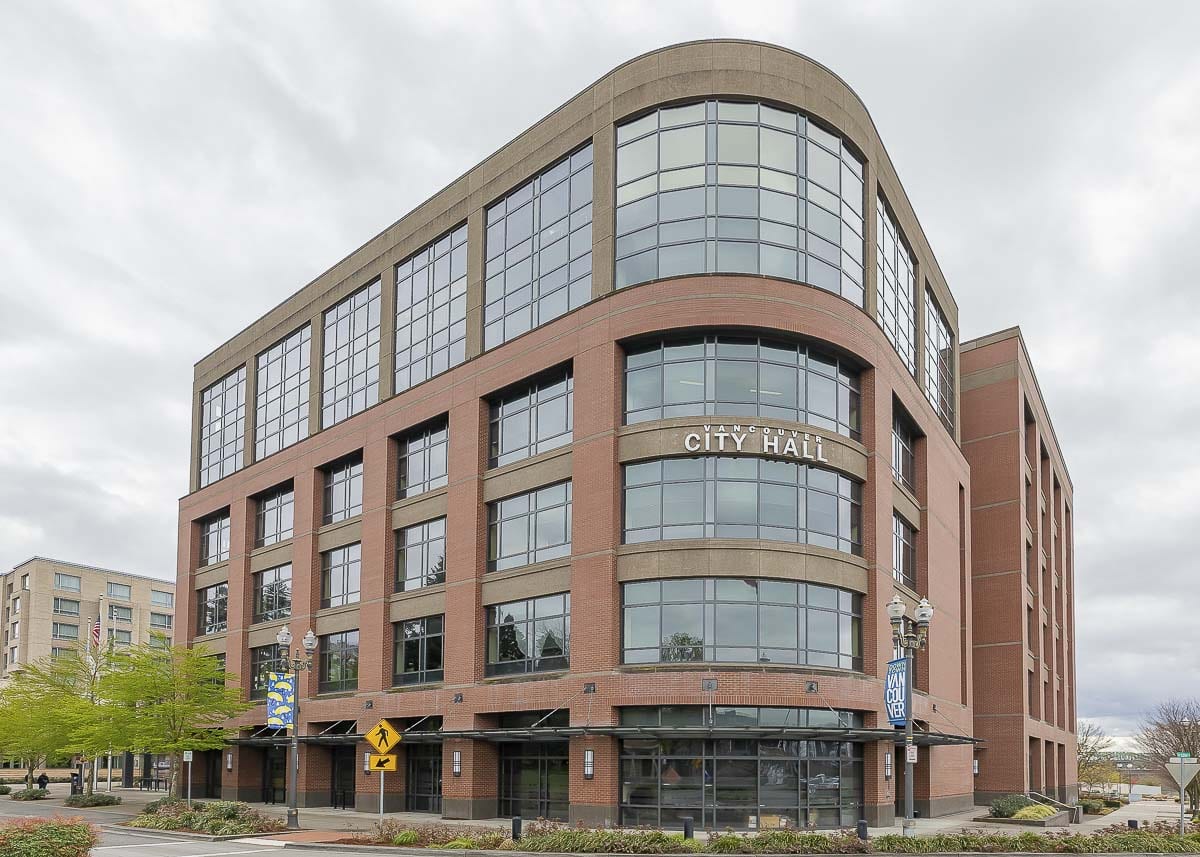Council districts, ranked choice voting, and support for minority candidates is on the table
VANCOUVER — A seven-member task force formed late last year to look into increasing diversity on the Vancouver City Council gave an update on their work at last night’s council meeting.
The group is comprised of a diverse set of residents, including Diana Perez with the Southwest Washington League of United Latin American Citizens, Aemri Marks, president of Black People United on the Washington State University Vancouver campus, Tanisha Harris, a candidate for the 17th Legislative District, former Vancouver City Councilor Pat Jollota, Mary Elkin, a homeless advocate who has run for City Council several times, Michael Martin, who sat on the Charter Review Commission, and Glen Yung, a Hough Neighborhood resident and frequent public commenter at city council meetings.

The Community Task Force on Council Representation has held 14 meetings, despite some delay after the COVID-19 pandemic broke out. Most of that time was spent crafting a problem statement they could then spend the rest of the year working to find solutions for.
“There is a perceived lack of diversity on the Vancouver City Council and its appointed boards and commissions,” the problem statement reads. “Direct and indirect representation of underserved groups and neighborhoods in the community needs to improve and increase.”
The current Vancouver City Council is entirely white, and every member is a homeowner, in a city where 27 percent of the population identifies as something other than Caucasian, and nearly half of people rent their home. There has been only one black council member in the city’s 163-year history.
In the 2019 City Charter Review process, that commission recommended Vancouver consider adopting electoral districts, similar to what other cities of approximate size do. The districts are seen as a way to limit the size and expense of campaigning and encourage more people to run.
That is one of several potential solutions the Council Representation Task Force is looking into. Others include ranked choice voting, which allows people to select more than one candidate in order of preference.
“I really became a true fan of ranked-choice voting,” said Elkin, after admitting she initially preferred the districting solution. “I’m really hoping we can find a way that we can implement it and comply with the laws of the land.”
Voters previously approved the use of Instant Runoff voting in 1999, but it was ultimately struck down in court, after a court ruling determined it ran afoul of Washington state election laws by eliminating the primary.
Ranked-choice ballots allow voters to select multiple candidates in order of preference. Proponents of the system argue it creates elections that are more civil, less expensive, and more inclusive. Opponents argue the system is too complicated, more expensive to implement, and could lead to less voter education about candidates, due to the lack of a primary process.
The commission also looked at other potential solutions to incentivize a more diverse pool of candidates for city offices, including switching council elections to even-numbered years to coincide with presidential and midterm election cycles, which generally draw a larger voter turnout.
Some ideas could be potentially expensive to implement, such as vouchers or stipends to assist some candidates with the cost of campaigning, or providing childcare during city council and neighborhood association meetings.
The group also considered assigning council members to a group of neighborhood associations, and having them attend meetings on a rotating basis. It would also provide those neighborhoods with a liaison on the council.
While trying to avoid influencing the task force at this point in the process, several council members said they would like to see the group narrow its focus, and create a smaller list of proposed changes before presenting their final recommendations at the Dec. 21 council meeting.
“It’s so big, how can we get our hands around it?” asked Councilor Linda Glover. “I’m excited to see where this goes. I’m very excited to hear the input from the public.”




